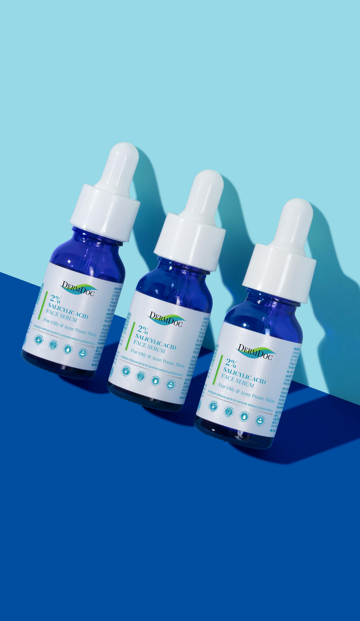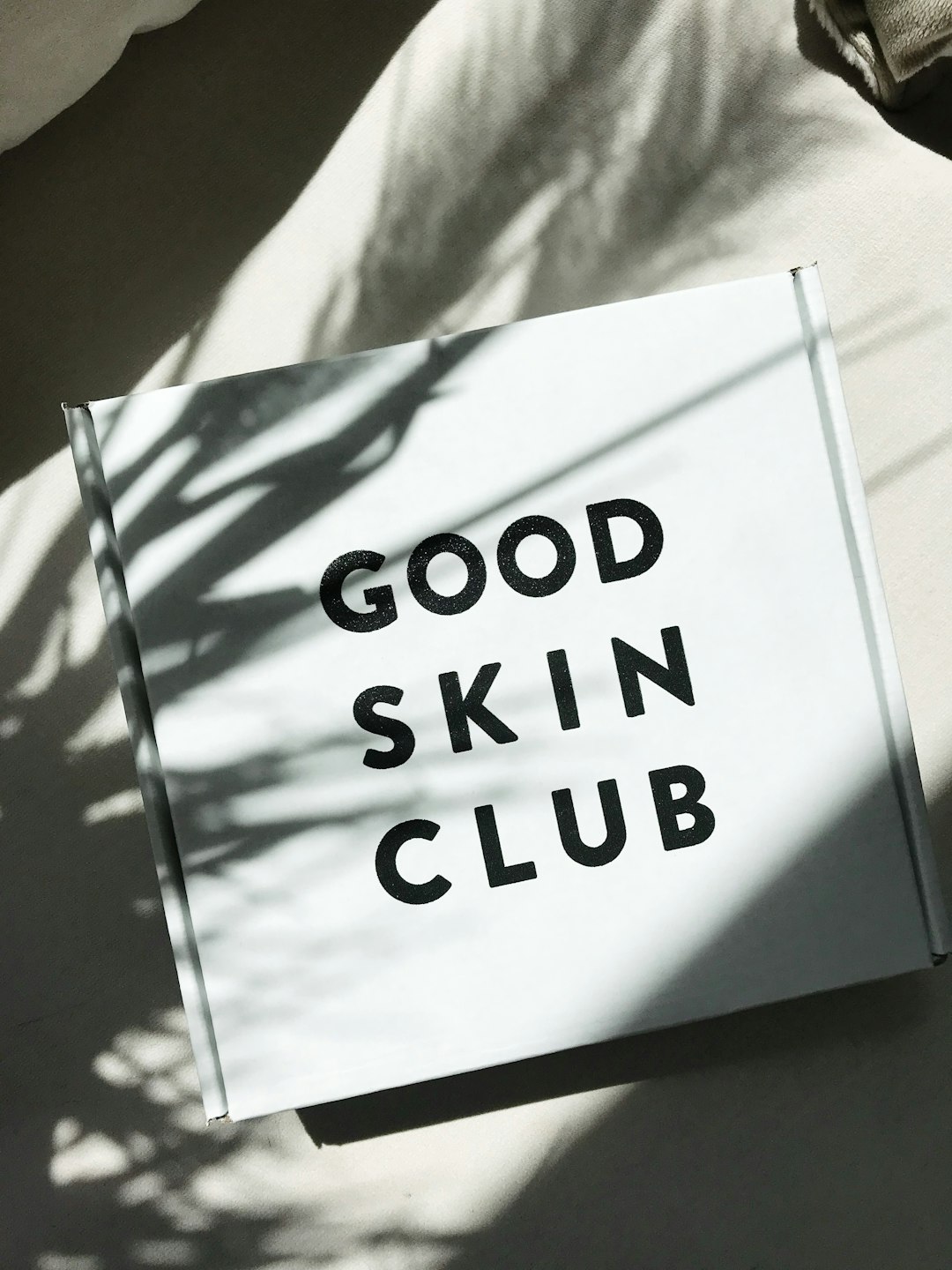The tug-of-war - blackheads vs. whiteheads on the nose - has been here for ages. Most importantly, these skin issues spare no one. So, you will have your share of these black or whiteheads at least once in your lifetime.
The worst part about them is that they appear out of the blue, leaving you perplexed about how quickly you can get rid of them. However, most of the time, it is hard to deal with these pesky skin issues. The reason is, most of us do not understand the difference between blackheads and whiteheads. And when you do not understand a problem or its leading causes, it is hard to treat it. Right?
Do not worry! This blog will help you learn what black and whiteheads are and how they differ. Once you have a clear idea about what you are dealing with, you can find a solution and start with suitable treatments for blackhead and whitehead removal.
What are blackheads and whiteheads?
Blackheads and whiteheads are the same - they are types of comedones or clogged pores. They are also known as non-inflammatory acne. It means they are dormant and are not infected by microbes, such as bacteria.
Basically, blackheads and whiteheads are clogged pores comprising dead skin cells, dirt, and sebum (natural sebum) and are common concerns in the skincare world.
What is the difference between blackheads and whiteheads?
Although both these shades of the heads - black or white (jokes apart) - are the same, they have a striking difference. The former is open, and the latter is a closed pore.
As blackheads are open pores, they come in contact with external factors, including air. It oxidizes the melanin present inside, imparting a black appearance.
Whiteheads, on the other hand, form due to the same dead cells and oil. However, as they are closed and do not come in contact with air, their colors do not change and remain white or yellowish.
So, what makes blackheads stay open, and whiteheads closed?
When it comes to whiteheads, your skin is still not ruptured. However, the pore has a lot of space inside. With your body producing more dead skin cells and oil, the pore fills up gradually and opens. If your pores open but remain clogged, they are likely to form blackheads as oxidation continues.
The below table provides a clear-cut idea about the main difference between open and closed pores.
|
Blackheads |
Whiteheads |
|
They are caused when dirt, grime, sebum, and dead skin cells plug the open pores of your skin |
They are caused when dirt, grime, sebum, and dead skin cells jam the opening of a clogged hair follicle |
|
The pore is not covered by skin |
The pore is concealed within the skin |
|
They have open comedones |
They have closed comedones |
|
They are not oxidized |
They are not oxidized |
|
They are black |
They are whitish or yellowish |
What are the causes of blackheads and whiteheads?
The reasons behind the formation of black and whiteheads often relate to the only culprit - the clogged pores. However, some factors are likely to increase your susceptibility to developing them. These include the following:
- Stress
- Smoking
- Genetics
- Hormonal shifts, including pregnancy and menstruation
- Skincare routine and habits
- Face masks
- Medications, including corticosteroids
Moreover, it is advisable to consult a dermatologist to know what causes whiteheads and blackheads to get the right treatment.
How to remove whiteheads or blackheads on the nose?
Whether you are concerned about whiteheads removal or blackheads removal, one of the best treatments most women bet on is - extraction. It removes the accumulation from your pores and opens them while facilitating the way for further treatment and prevention.
Some women also swear by benzoyl peroxide when dealing with whiteheads or blackheads. Although it may help you with clogged pores to some extent, it may not work on all forms of acne. This chemical is good for inflammatory acne like pustules and cysts. However, neither blackheads nor whiteheads belong to that class of acne. So, benzoyl peroxide may not be the right choice for non-inflammatory or comedonal acne like black and whiteheads.
Other options that prevent the formation of these irritating black marks on your skin include the following:
- Salicylic acid: Salicylic acid is a beta hydroxy acid naturally found in plants like willow bark. It is rich in antibacterial and anti-inflammatory properties. It gently exfoliates your skin, works on clogged pores, and controls sebum production while preventing future breakouts. Many facial cleansers, toners, serums, and creams use salicylic acid as an active ingredient in different strengths. Some pocket-friendly SA-infused skincare products you can try your hands on include DermDoc by Purplle 2% Salicylic Acid Anti-Acne Facial Kit, DermDoc 2% SA Face Serum, etc. These products do not contain any harmful chemicals, such as parabens, mineral oils, alcohol, and sulfates, and are 100% cruelty-free.
- Retinoids: Retinoid is an effective ingredient to treat comedonal acne. It is a derivative of vitamin A mainly used in anti-aging products, such as the DermDoc Anti-Aging Mask and DermDoc 0.5% Retinol (Granactive retinoid) Serum. However, many dermatologists prescribe topical retinoids for blackhead and whitehead removal because they open the blocked pores and boost cell growth.
- Non-comedogenic moisturizers: You can also use a non-comedogenic face cream, like the DermDoc 4% Niacinamide Face Cream, to keep your skin hydrated and your pores open. Non-comedogenic moisturizers do not clog your pores. Moreover, they significantly reduce pore size and keep oil production in check. Such skin creams also work on hyperpigmentation and signs of aging.
Conclusion
Hopefully, this blog has helped you get a clearer insight into the blackheads vs. whiteheads on nose debate. Read our blogs and share them with your friends or family to unravel more skincare secrets.
An important thing to remember! While topical products like creams, serums, cleansers, and toners make a crucial part of a healthy skincare regime, you also need to focus on your diet, hydration, and lifestyle patterns to prevent skin concerns like acne. Most importantly, always get in touch with a skin expert to discuss your issues for the right advice. At DermDoc, we strive to bring you the best of safe skincare at budget-friendly prices.



